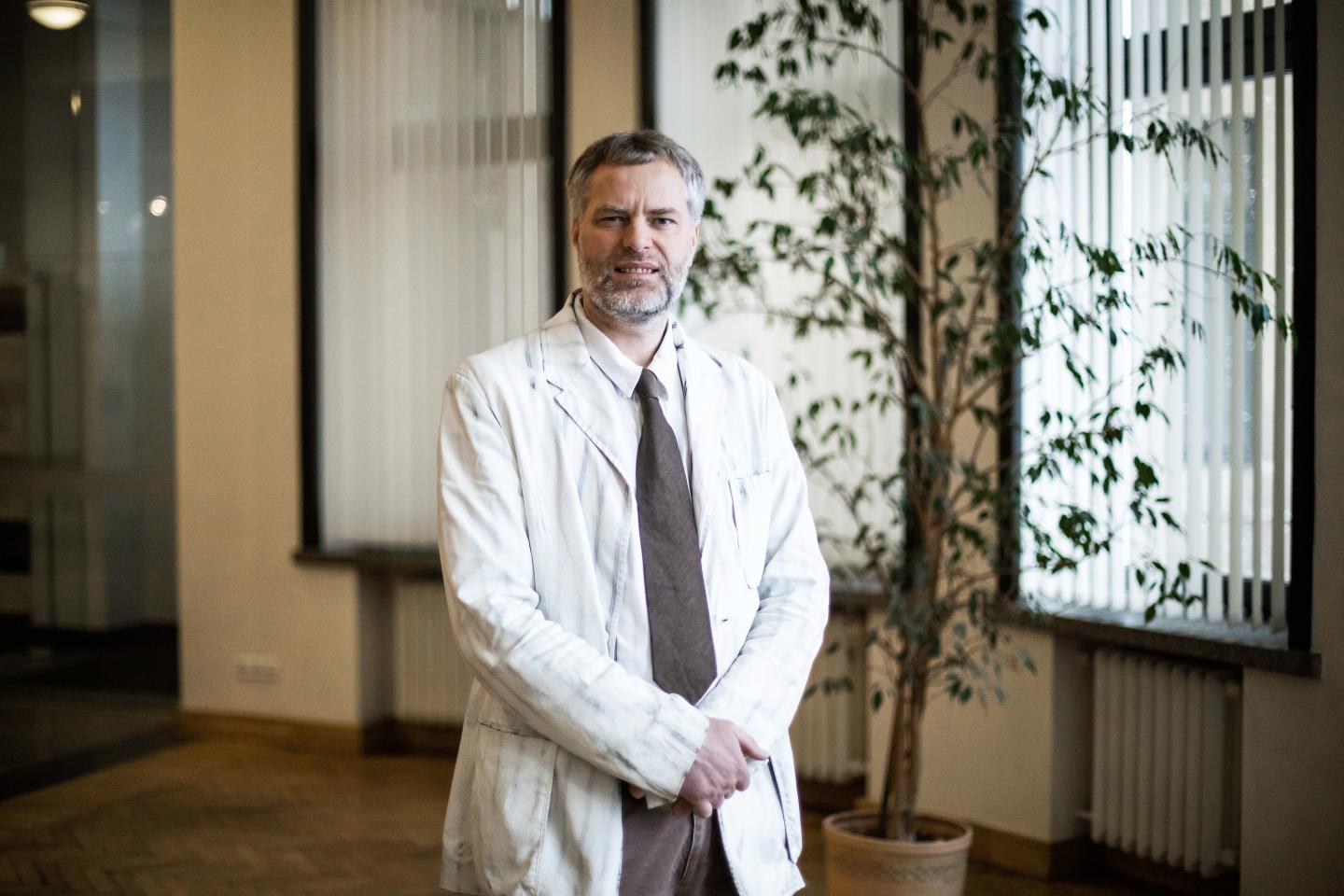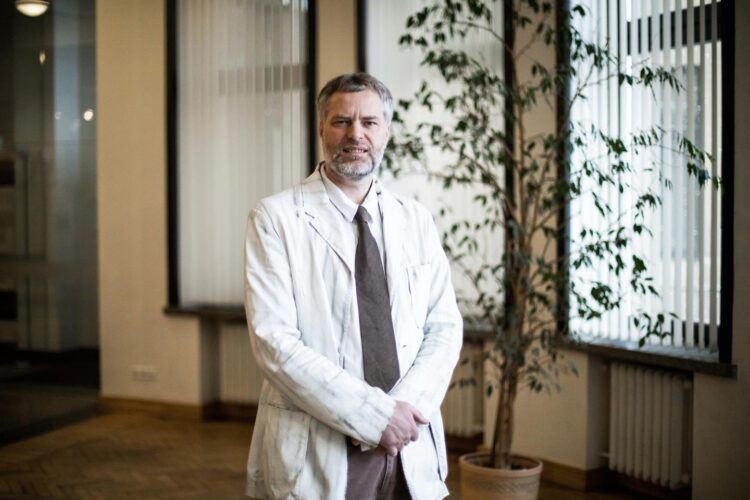A group of Lithuanian and Kurdish scientists have raised a hypothesis that the measles, mumps, and rubella (MMR) vaccine could protect children from COVID-19.

Credit: KTU
A group of Lithuanian and Kurdish scientists have raised a hypothesis that the measles, mumps, and rubella (MMR) vaccine could protect children from COVID-19. The hypothesis is based on the discovered sequence similarity of the 30 amino acid residues between glycoproteins of SARS-CoV-2, measles and rubella viruses. An experimental analysis is required in order to support the hypothesis.
An ongoing global pandemic of coronavirus disease 2019 (COVID?19) has claimed more than 450 thousand lives already; globally, more than 9 million cases of COVID?19 infection have been confirmed.
According to detailed data of COVID-19-infected patients from China, Italy, and South Korea, the disease is less common and milder in children younger than 10 years of age.
The reasons why children are less susceptible to COVID-19 remain unclear. However, the research carried out at Charmo University in Iraq and at Kaunas University of Technology (KTU) in Lithuania, provided evidence that MMR vaccination might be a reason why children have protection against the disease.
The hypothesis is backed up by the sequence similarity data between the SARS-CoV-2 with both measles and rubella viruses.
“The antibodies produced in children due to the MMR vaccine could recognize some protein parts (epitopes) on the SARS-CoV-2 spike proteins. These antibodies, particularly in the epithelial layer of respiratory airways, block binding, and entering the virus into the cells”, explains Prof Rimantas Kodzius from KTU Panevezys Faculty of Technology and Business.
SARS-CoV-2 is a single- strand, positive-sense RNA virus. S protein is a key immunogenic protein of SARS-CoV-2 that induces the host immune system; the latter fights off the foreign particles that enter the human body by producing antibodies. Humans are routinely immunized against several viral diseases in early childhood, which usually induces broad immunity against the viral particles.
Immunological principle based on the antibody cross-reaction recognizing antigens in two different microbes inspired the group of scientists lead by Prof Kodzius of KTU, to look for homology sequence searching in SARS-CoV-2 and the viruses that commonly are prevented by vaccination during childhood. It was discovered that 30 amino acid residues share similarities between the Spike (S) glycoprotein of the SARS-CoV-2 virus and the Fusion glycoprotein of Measles virus as well as with the envelope glycoprotein of the Rubella virus.
“We are the first group to propose children protection through MMR vaccine and to support the claim by sequence homology between SARS-CoV-2 with measles and rubella viruses”, says Prof Kodzius.
According to scientists, recent studies show that the levels of antibodies against MMR vaccination may persist for 15-20 years. Therefore, the protection against COVID-19 could last up to 15-20 years. However, experimental research including testing purified spike protein of SARS-CoV-2 against the polyclonal and monoclonal antibodies of measles and rubella viruses in vivo and in vitro is required in order to support the hypothesis.
Prof Rimantas Kodzius spent a year teaching and researching at The American University of Iraq Sulaimani (AUIS) in Iraq, Kurdistan region, Sulaimani city. That is how his cooperation with the local researchers began.
“In uncertain times like the COVID-19 pandemic, the collaboration yields results. The phone connection, the internet is available, and the work is possible even without travel”, says Prof Kodzius, who has joined KTU in 2018.
###
Media Contact
Aldona Tuur
[email protected]
Original Source
https:/
Related Journal Article
http://dx.





